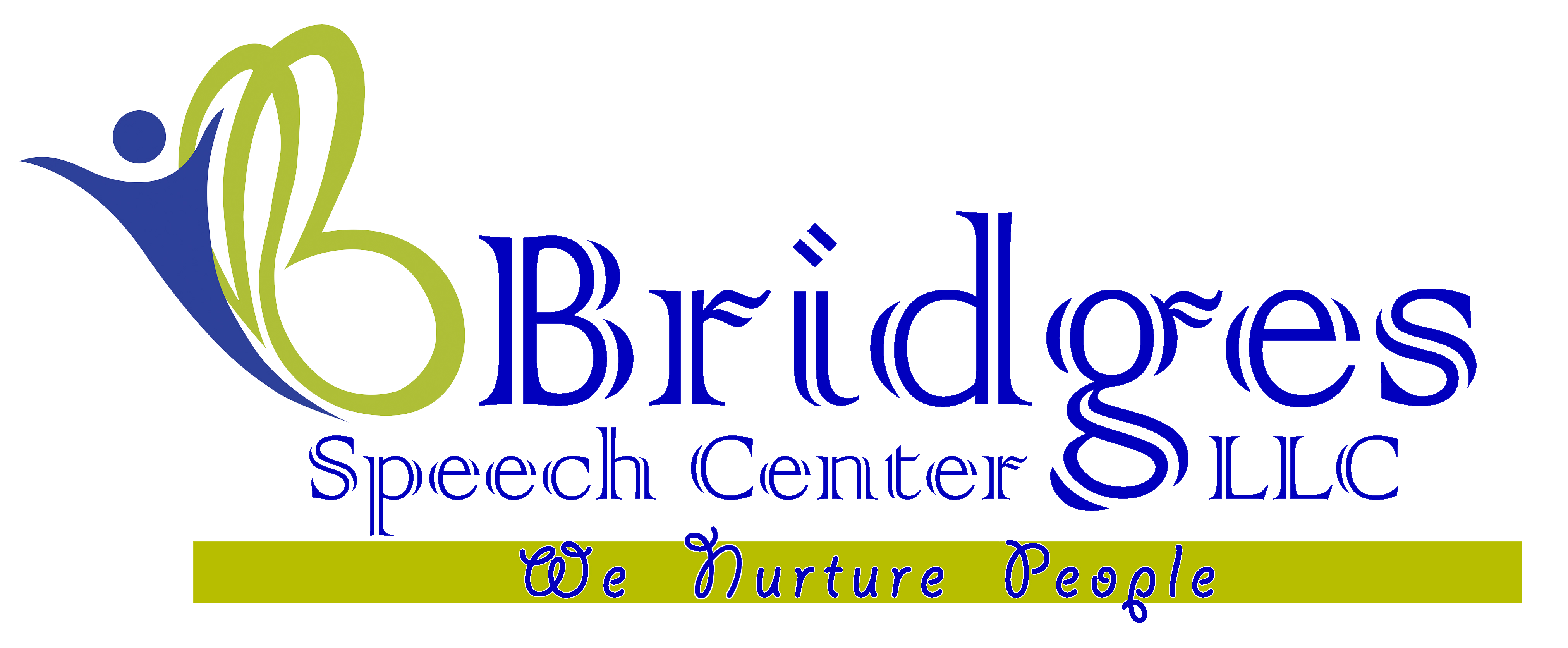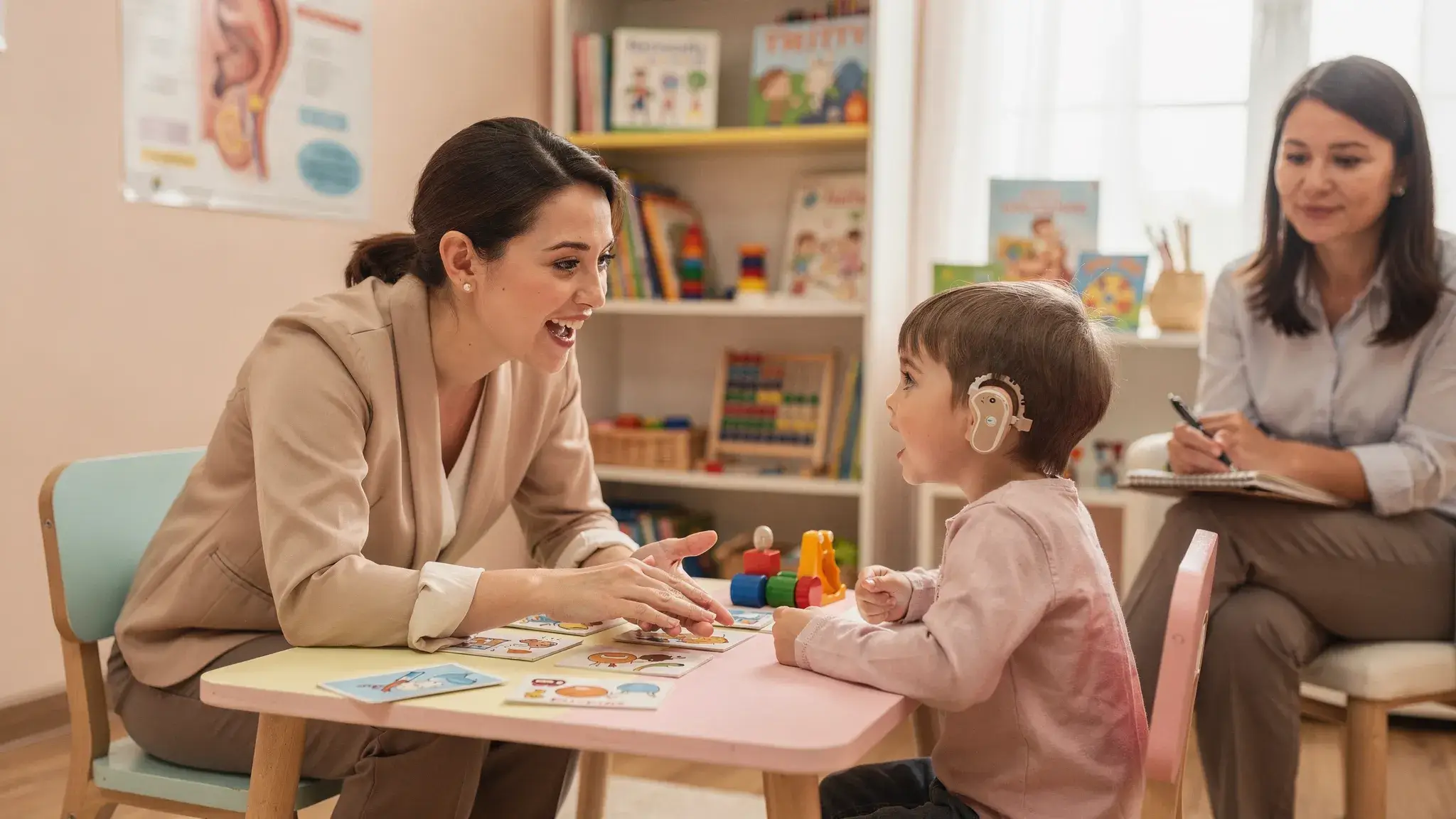- About Us
- Our Services
- Speech Therapy
- Speech and Language Therapies for Adults in Dubai
- Speech and Language Therapies for Children in Dubai
- Accent therapy
- Augmentative Alternative Communication (AAC) Therapy
- Articulation Speech Therapy
- Auditory Processing therapy/ Auditory verbal therapy
- Language Intervention: Speech Delay therapy
- Oral Motor Therapy
- Play Based therapy
- PROMPT/DTTC/RePT for Childhood Apraxia of Speech
- Social communication/Pragmatic language therapy
- Stuttering / Stammering therapy Program
- Spellography Program for Dyslexia
- Voice Therapy
- Home Care Services
- Feeding Therapy
- Physiotherapy
- Pediatric and Geriatric Physiotherapy
- Fall Prevention Programs for the Elderly
- Developmental Delay Treatment for Children
- Cerebral Palsy Management for Children
- Pediatric Orthopedic Conditions
- Osteoporosis Management for the Elderly
- Sports Injuries in Children
- Mobility and Balance Training for Elderly
- Joint Pain Treatment (Knee, Shoulder, Hip)
- Age-Specific Exercise Programs
- Coordination and Balance Exercises
- Orthopedic Physiotherapy
- Neurological Physiotherapy
- Sports Physiotherapy
- Cardiopulmonary Physiotherapy
- Women’s Health Physiotherapy
- Manual Therapy
- Therapeutic Exercise
- Pain Management
- Electrotherapy
- Ergonomic Consultation
- Tele-Physiotherapy Services
- Pediatric and Geriatric Physiotherapy
- Occupational Therapy
- Sensory Integration
- Clinical Psychology & Psychotherapy
- Cognitive Behavioral Therapy(CBT)
- ABA /Behavior Therapy
- Bridge Learning Program
- Group therapy
- Summer/Winter Program
- Telehealth Services
- Training Program/CEU
- Internship/ Observership
- Speech Therapy
- Super Team
- Collaboration
- Training Course
- News/Blogs
- About Us
- Our Services
- Speech Therapy
- Speech and Language Therapies for Adults in Dubai
- Speech and Language Therapies for Children in Dubai
- Accent therapy
- Augmentative Alternative Communication (AAC) Therapy
- Articulation Speech Therapy
- Auditory Processing therapy/ Auditory verbal therapy
- Language Intervention: Speech Delay therapy
- Oral Motor Therapy
- Play Based therapy
- PROMPT/DTTC/RePT for Childhood Apraxia of Speech
- Social communication/Pragmatic language therapy
- Stuttering / Stammering therapy Program
- Spellography Program for Dyslexia
- Voice Therapy
- Home Care Services
- Feeding Therapy
- Physiotherapy
- Pediatric and Geriatric Physiotherapy
- Fall Prevention Programs for the Elderly
- Developmental Delay Treatment for Children
- Cerebral Palsy Management for Children
- Pediatric Orthopedic Conditions
- Osteoporosis Management for the Elderly
- Sports Injuries in Children
- Mobility and Balance Training for Elderly
- Joint Pain Treatment (Knee, Shoulder, Hip)
- Age-Specific Exercise Programs
- Coordination and Balance Exercises
- Orthopedic Physiotherapy
- Neurological Physiotherapy
- Sports Physiotherapy
- Cardiopulmonary Physiotherapy
- Women’s Health Physiotherapy
- Manual Therapy
- Therapeutic Exercise
- Pain Management
- Electrotherapy
- Ergonomic Consultation
- Tele-Physiotherapy Services
- Pediatric and Geriatric Physiotherapy
- Occupational Therapy
- Sensory Integration
- Clinical Psychology & Psychotherapy
- Cognitive Behavioral Therapy(CBT)
- ABA /Behavior Therapy
- Bridge Learning Program
- Group therapy
- Summer/Winter Program
- Telehealth Services
- Training Program/CEU
- Internship/ Observership
- Speech Therapy
- Super Team
- Collaboration
- Training Course
- News/Blogs
Table of Contents
ToggleCognitive Behavioral Therapy (CBT) in Dubai
- Home
- Our Services
- Cognitive Behavioral Therapy(CBT)
Cognitive Behavioral Therapy in Dubai
Cognitive Behavioral Therapy (CBT) offers a wide range of benefits for individuals seeking to improve their mental and emotional well-being. It is a highly effective and evidence-based therapeutic approach that focuses on changing negative thought patterns and behaviors. Here are some key benefits of Cognitive Behavioral Therapy:
1. Effective Treatment for Various Conditions
CBT has been proven effective in treating a wide range of mental health conditions, including anxiety disorders, depression, panic disorder, phobias, post-traumatic stress disorder (PTSD), obsessive-compulsive disorder (OCD), and more.
- Anxiety Disorders: CBT helps individuals manage and reduce symptoms of generalized anxiety, social anxiety, and specific phobias by challenging irrational fears and developing coping strategies.
- Depression: Through identifying and modifying negative thought patterns, CBT helps reduce symptoms of depression, improve mood, and increase motivation.
- Panic Disorder: CBT techniques teach individuals to recognize the triggers of panic attacks and use relaxation strategies to manage symptoms.
- PTSD: Trauma-focused CBT helps individuals process and make sense of traumatic experiences, reducing the impact of trauma on daily life.
- OCD: CBT, particularly Exposure and Response Prevention (ERP), helps individuals confront and reduce obsessive thoughts and compulsive behaviors.
2. Symptom Relief
CBT helps alleviate distressing symptoms such as excessive worry, sadness, irrational fears, and intrusive thoughts, leading to improved emotional well-being.
- Excessive Worry: CBT teaches techniques to manage and reduce chronic worry, leading to a calmer mind.
- Sadness and Hopelessness: CBT interventions help lift mood by addressing and reframing negative thought patterns.
- Irrational Fears: Through exposure and cognitive restructuring, CBT helps individuals face and overcome irrational fears.
- Intrusive Thoughts: CBT provides tools to manage and diminish the frequency and impact of intrusive thoughts.
3. Targeted and Time-Limited
CBT is a structured and time-limited therapy, often producing noticeable results within a relatively short period. This makes it well-suited for addressing specific issues and goals.
- Structured Approach: CBT follows a structured format with specific goals and techniques, ensuring focused and efficient treatment.
- Time-Limited: Typically, CBT involves a set number of sessions (e.g., 8-20), making it a concise and effective treatment option.
4. Focus on Problem-Solving
CBT equips individuals with practical problem-solving skills to address current challenges and develop effective strategies for managing difficulties.
- Practical Skills: CBT provides actionable techniques to solve everyday problems and manage stressors effectively.
- Strategy Development: Individuals learn to develop and implement strategies to cope with specific challenges they face.
5. Cognitive Restructuring
Clients learn to identify and challenge negative thought patterns, replacing them with more balanced and realistic beliefs. This process contributes to reduced cognitive distortions and improved emotional regulation.
- Challenging Negative Thoughts: CBT teaches methods to recognize and question negative or unhelpful thoughts.
- Balanced Thinking: Individuals learn to replace distorted thoughts with more accurate and balanced ones, improving overall emotional health.
6. Behavioral Change
CBT emphasizes changing unhealthy behaviors by teaching individuals new coping skills, behavioral strategies, and relaxation techniques.
- New Coping Skills: CBT introduces effective coping mechanisms for managing stress, anxiety, and other emotional challenges.
- Behavioral Strategies: Techniques such as activity scheduling and graded exposure help individuals gradually face and overcome difficult situations.
- Relaxation Techniques: CBT includes methods such as deep breathing, progressive muscle relaxation, and mindfulness to reduce physical symptoms of stress and anxiety.
7. Self-Awareness and Insight
CBT encourages self-awareness by helping individuals recognize the connections between their thoughts, emotions, and behaviors. This increased insight promotes personal growth and positive change.
- Self-Recognition: Understanding how thoughts influence emotions and behaviors leads to greater self-awareness.
- Personal Growth: Insight gained through CBT fosters personal development and emotional maturity.
8. Empowerment
Clients learn to take an active role in their therapy and develop a sense of empowerment as they gain control over their thoughts and behaviors.
- Active Participation: Individuals are encouraged to be actively involved in their therapy, fostering a sense of control and empowerment.
- Skill Development: Clients build skills that empower them to handle future challenges independently.
9. Lasting Results
The skills acquired during CBT continue to benefit individuals long after therapy concludes, enabling them to manage future challenges more effectively.
- Long-Term Benefits: CBT provides tools and techniques that remain useful throughout life, promoting sustained mental health.
- Future Management: Clients are equipped to handle future stressors and prevent relapse.
10. Individualized Approach
CBT is tailored to each individual’s unique needs and goals, ensuring a personalized and customized treatment plan.
- Personalized Therapy: Treatment plans are customized to address the specific issues and goals of each individual.
- Unique Needs: CBT takes into account each person’s unique experiences and challenges.
11. Relapse Prevention
CBT equips individuals with tools to identify early signs of relapse and implement strategies to prevent recurrence of symptoms.
- Early Identification: Techniques to recognize warning signs of relapse are taught.
- Prevention Strategies: Individuals learn strategies to maintain progress and prevent setbacks.
12. Improves Interpersonal Relationships
CBT helps individuals develop better communication and interpersonal skills, leading to healthier relationships and improved social interactions.
- Communication Skills: Techniques to improve verbal and non-verbal communication are emphasized.
- Healthy Relationships: Individuals learn to build and maintain positive relationships through improved social skills.
13. Enhances Coping Skills
Clients acquire effective coping skills that can be applied to various life situations, promoting resilience and adaptability.
- Resilience Building: Techniques to strengthen resilience against stress and adversity.
- Adaptability: Coping skills that help individuals adjust to changing circumstances.
14. No Medication Dependency
CBT is a non-pharmacological treatment option, making it appealing to individuals who prefer to manage their mental health without medication.
- Non-Medication: CBT offers effective treatment without the need for medication.
- Natural Management: Individuals can manage their mental health through therapeutic techniques rather than pharmaceutical means.
15. Research-Backed
CBT is supported by a substantial body of research and has a strong evidence base, providing assurance of its effectiveness.
- Evidence-Based: Numerous studies support the effectiveness of CBT for various mental health conditions.
- Proven Effectiveness: CBT is a widely endorsed and practiced therapeutic approach with a strong track record.
Overall, Cognitive Behavioral Therapy offers individuals practical tools and strategies to transform their thought patterns, manage their emotions, and develop healthier behaviors. Its structured and goal-oriented approach makes it a valuable therapeutic option for promoting mental well-being and improving overall quality of life.
Make Appointment
Frequently Asked Questions
What is CBT?
Cognitive Behavioral Therapy (CBT) is a form of psychotherapy that helps people identify negative thought patterns and replace them with healthier, more balanced ones. It is evidence-based and widely used for treating anxiety, depression, and stress.
What are CBT exercises?
CBT exercises are practical techniques that help you challenge unhelpful thoughts and behaviors. Common examples include journaling, thought records, role-playing, relaxation techniques, and exposure exercises to gradually face fears.
How does CBT help with depression?
CBT for depression focuses on breaking the cycle of negative thinking. It teaches individuals how to reframe hopeless thoughts, build problem-solving skills, and engage in activities that boost mood and motivation.
Can CBT be used for social anxiety disorder?
Yes. CBT is highly effective for social anxiety disorder. It helps individuals challenge fears about judgment, practice social skills in safe settings, and use exposure therapy to reduce avoidance behaviors over time.
What are CBT strategies for anxiety?
CBT strategies for anxiety include identifying and reframing irrational thoughts, practicing breathing and relaxation techniques, using gradual exposure to feared situations, and building coping statements to reduce worry.
What is trauma-based CBT?
Trauma-focused CBT is a specialized form of therapy designed to help children, teens, and adults process traumatic experiences. It combines CBT techniques with trauma-sensitive approaches to reduce PTSD symptoms and improve emotional well-being.
Testimonials
What Parents Say
Send us an email if you wish to talk to any of them. For more reviews, please go to Google reviews.

My experience with bridges speech centre has been great. My child is attending OT in the center and we are happy and proud with the progress Mrs. Richa has made. The therapists are very supportive and knowledgable in selecting techniques to suit with our child's requirements . Their monthly review and evaluation is remarkable. I highly recommend bridges speech centre to anyone looking for an affordable and professional therapy for their child....

We were asked to consult a speech therapist for my son. As parents we were quite skeptical about this whole process. However, once my son started attending Dr Rupali’s sessions we noticed a drastic improvement in his speech. He used to speak only a few words but within the 1st four sessions he started speaking up-to 5 words sentences. I also learnt to manage my child’s emotions better with Dr Rupali’s guidance. She is very cooperative and patiently answer all questions.

We took our 21 month old daughter to Bridges speech center following her cleft palate surgery as she needed Speech therapy. Ms.Rupali was recommended to us by both our Pediatrician and ENT specialist. The staff at Bridges are qualified, warm and friendly. My daughter loved to attend the speech therapy sessions. Through various techniques and simulations provided during these sessions, I can see considerable improvement in my daughter's speech. Lastly I would say, no child is same, as parents we need to be patient and trust the process.

Rupali was excellent. In just couple of sessions she helped my child overcome difficulty in pronouncing ch and sh sound. Thanks very much.Highly recommend for children who will need assistance in speech therapy.
Blog & Article
Our Latest Blog & Articles
Auditory Verbal Therapy vs Speech Therapy: What’s the Difference?
After a hearing screening, an ENT appointment, or even a note from school,...
How to Help a Stuttering Child at Home and When to Seek Speech Therapy
If your child repeats sounds, stretches words, or gets stuck mid sentence, it...
How to Help a Child with Dyslexia Spell Better at Home
If your child studies hard but spelling still seems unpredictable, you are not...
Aphasia vs Apraxia: Understanding the Difference
The words sound almost identical when you first hear them. Aphasia. Apraxia.Most people...
Apraxia of Speech in Adults: What It Is and How It’s Treated
Many adults notice a sudden change in their speech after a stroke, traumatic...
Voice Therapy Exercises: Simple Techniques to Improve Voice Strength
Most days, we do not really think about our voice. It just shows...







